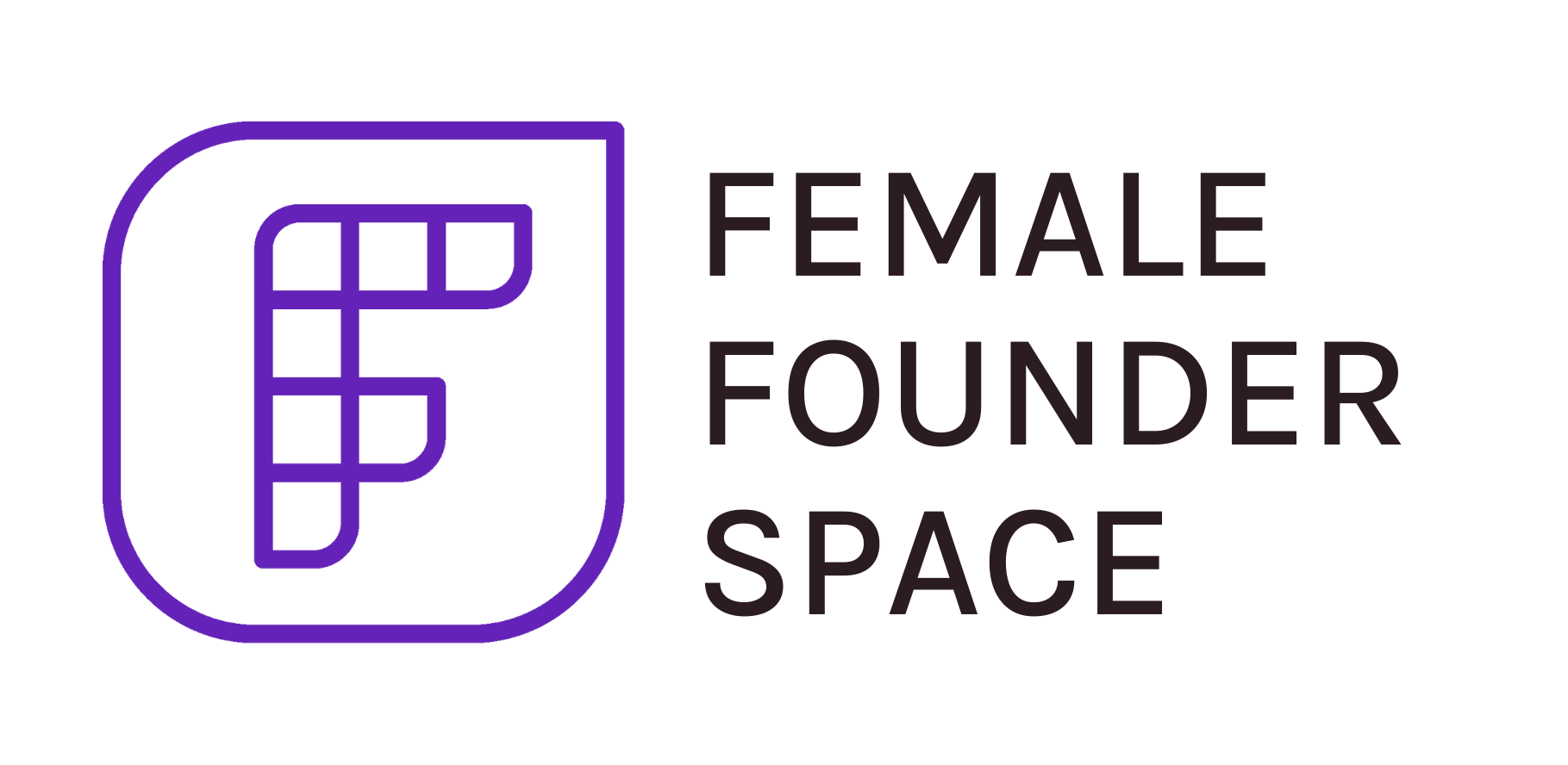Make It as a Mompreneur
-
Become a Mompreneur3 Topics
-
Prepare for Mompreneurship4 Topics
-
Handle The Top Challenges as a Mompreneur6 Topics
-
Find Your Support Community3 Topics
-
Balance Work and Parenting3 Topics
-
Create a Strong Work-Life Integration Strategy
-
Make It as a Single Mompreneur2 Topics
-
Grow & Maintain Your Mompreneur Business4 Topics
-
Get Funding as a Mompreneur
-
Showcase Your Mompreneur Spirit
Personal Story of Experiencing & Getting Over Guilt as a Mompreneur
Transcript
I am a mom of three children at the moment. They are eight, six, and two years old. When I was on maternity leave with my third child, Elsie, I decided that I was going to take the leap from paid employment as a scientific project manager in a large university into starting my own coaching practice. So most mompreneurs, like me, I’m sure they go into it because they want, and they’re striving for a better work-life balance and also perhaps finding more meaning in their work. But when you start a business, everything is new, absolutely everything. And so, in order to make it work, often we find that that work-life balance that we’re striving for doesn’t actually happen in practice. And that’s where the guilt starts to creep in. You know, I made this big life choice and now I’m feeling guilty because it wasn’t as it was expected. I am working even more hours.
This is what happened to me in the first 12 to 18 months. And when I really got that I was in control of my own schedule, that I didn’t have to have my schedule open to everybody all of the day, that I could actually reduce it into set hours and make it work, then it became easier. So we can reduce the guilt. But we have to look at what the problem is first and where that guilt originates from. So you were talking about that in the question, you know, where does the guilt actually come from? So if I’m so busy in my work and I’m not paying attention to my kids, gosh, if I haven’t even had 10 minutes where I fully focused on them during the day cause I’m so up in my head that’s going to start to create this sort of guilt feeling.
There is this theory that your thoughts create your destiny and it’s a kind of a personal development thing that you’ll hear going around. How does that actually work in practice? How do my thoughts about my kids and not spending time with them equal guilt? So we have this cycle and it starts in the moment. So the moment might be that I’m with my kids, but I’m actually thinking about something else in my head. And that feeds into the meaning that we create from that scenario. So the meaning might be, “oh my gosh, I went into this to have a better work-life balance to provide my kids in a way that was meaningful and I’m not even fully present with them”. Like what’s going on there? What’s feeding into the meaning? That creates a mood and we might start to feel, like, guilty and terrible, that we’re a bad mother or something and that feeds into the next moment that we take.
So the next action that we take, and that might be to stay up even longer reading stories to them, smothering them with love, and it feeds into the next moment. So then I’m late finishing up the work and it all becomes too much and it feeds into an iterative cycle. So it’s really crucial to find what that input is for the meaning so that we can break that cycle and stop the perpetuating guilt that many, many mums feel. So if I looked really, really carefully, you know, the meaning that I was creating. So something like if I didn’t have my calendar open all the time, I wouldn’t get any clients. Well, you know, if we actually separate the truth from the story, the truth is when I changed my calendar, so there were specific time blocks when this was happening with my clients, I actually got more clients.
So the truth is incorrect, the story I was making up, whereas I won’t get any clients if it’s not open. So we have to start to separate our thoughts, truth versus story. That’s the first piece to this cycle is to build awareness. And also, you know, in terms of feeling guilty, I’m advocating as a coach that work-life balance. So if I’m not being authentic in my own actions, how can anybody else, you know, follow me or do the things that I’m asking? I have to be the role model first for other people to follow me as well.
